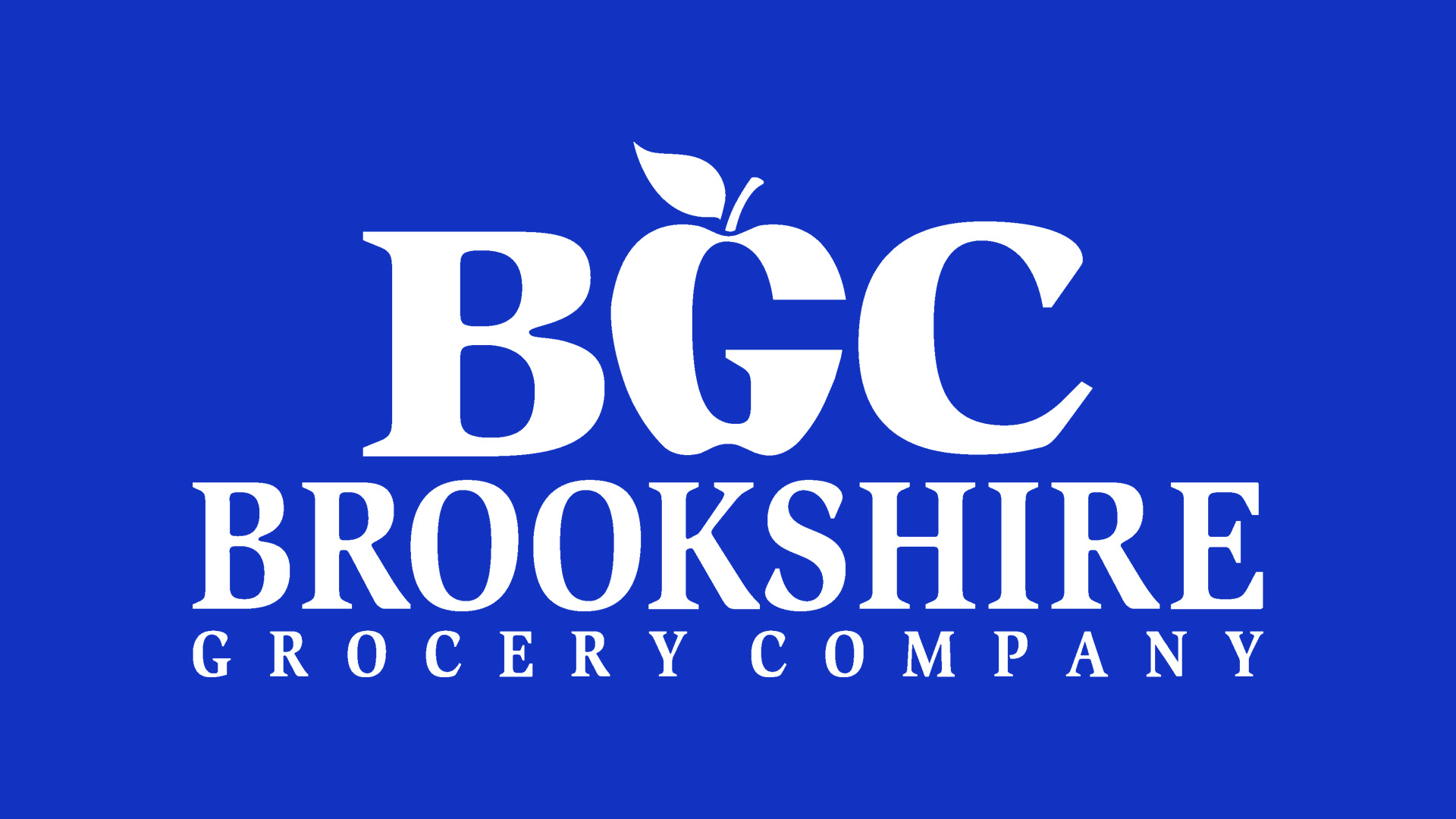3 minute read
Retail Scale and Label Management: Experienced Do’s, Don’ts and Proven Best Practices

In your local food store, departments like bakery, deli and meat prepare, process, package and serve the store’s fresh signature foods. In these operations the scale management system, the scales, and the labeling equipment are important tools that store associates have to rely on.
In my 30+ years in the grocery business dealing with scales, I have witnessed a lot of interesting practices – both good and bad. One memorable example of a less-than-ideal technique includes attempts to calibrate a scale with a gallon of water. As mundane as the scale might seem, it is essential in enabling accurate pricing and labeling of in-store packaged and prepared products. In the spirit of improved scale management practices to keep this important asset properly performing…
Consider the following do’s and don’ts:
- Don’t spray down the scale with a hose. They are sealed but not watertight.
- Do clean the scale daily by wiping it down with a mild cleaner. Clean out the label area as well.
- Don’t use a sharp object like a knife to remove a gummy label wrapped around the rubber roller and stuck to the print head.
- Do open the print head latch and use a dull object wrapped with a towel soaked in a cleaning solution like rubbing alcohol. It is always best to follow the manufacturer’s instructions.
- Don’t use scales as a place to stack product when the scale is not in use. Most grocery scales have a weight limit of 30 pounds and are not intended for use as a storage surface.
- Do keep your scales clean, always powered on, and out of dirty areas like the back-door rollup. Keeping the scales plugged in and turned on will ensure they receive updates and won’t drop their settings due to a weak internal battery.
- Don’t stand on scales to hang signs or reach shelves. I have seen footprints on platters and load cells destroyed, making the scale inoperable with costly repairs.
- Do use a ladder when the task calls for it.
- Don’t plug scales into the same power circuit as parking lot lights. If you do, when the store opens and the parking lot lights turn off, so will your scales.
- Do use a clean power circuit preferably connected to a generator.
- Don’t take a scale to another store since they must be placed in service by a certified installer.
- Do consider certifying an in-house technician to legally place a scale in service with calibration as allowed by your state’s particular guidelines or restrictions.
- Don’t paste price look-up (PLU) lists right on the scale.
- Do take advantage of speed keys (presets) with the highest movers on the first page to keep your employees as efficient as possible.
Beyond the physical scale
While working scales and printers are important physical assets to a store, the intelligence behind the scenes is critical as well. Data delivered through your scale management including item descriptions, ingredients, nutritional summary, allergens, pricing data, product expiration date, etc. converges with the configured label formats. Getting all this information to and from the scales is important. Scale management integration to the host systems of record must ensure all label fields are populated with current, accurate information.
Look for a scale management solution provider with significant practical experience managing these assets within stores. The best solutions feature next-generation enhancements supporting seamless real-time data exchange to and from the scales, and automated alerts for streamlining corporate administration and support. Data from the scales flowing back through scale management is vital to maintain accurate, real-time perpetual inventory on fresh items where production is optimized through an effective inventory management system.
Tight integration and automation in your scale management ecosystem delivers the right information to your scales and labels to meet customer expectations and regulatory compliance while providing essential data back to your inventory management system. Smart do’s and don’ts for store-level management of scale assets ensures this infrastructure provides your associates with reliable tools to efficiently sell great products and run great stores.



